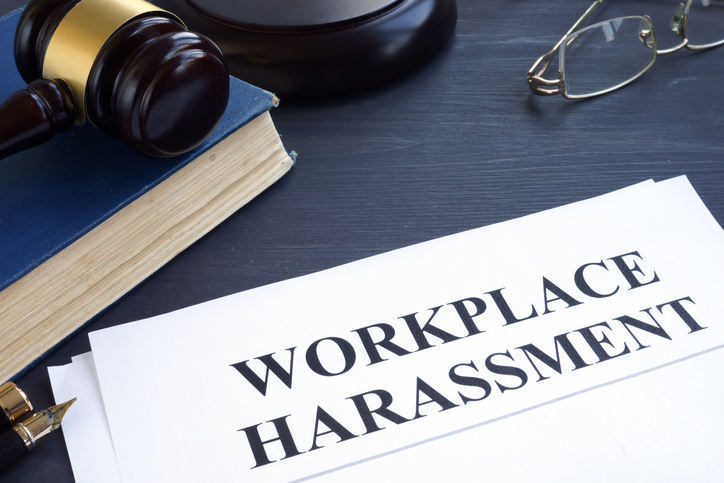Worker Protection (Amendment of Equality Act 2010) Bill

Authored by DAS
What is the definition of harassment and sexual harassment?
Harassment is defined as unwanted conduct related to a protected characteristic which has the purpose or effect of either violating an individual’s dignity or creating an intimidating, hostile, degrading, humiliating or offensive environment.
Sexual harassment is unwanted conduct of a sexual nature that has the same purpose or effect as noted above.
Is an employer liable?
An employer may be found vicariously liable for an employee who has subjected another to harassment (or other discriminatory act) in the course of employment, unless the employer can show they took reasonable steps to prevent the discriminatory act.
These reasonable steps could include:
Having in place effective policies and training;Ensuring employees are aware of policies, and that the training is more than a mere box-ticking exercise; andTaking steps to effectively deal with complaints, ensuring appropriate action is taken.
What will the Bill do?
The Bill (backed by the Government) will reintroduce liability for the harassment of workers by third parties. It will mean that if an employee is subjected to harassment in the course of their employment by a third party, and the employer failed to take reasonable steps to prevent the third party from doing so, the employer will be held vicariously liable for that harassment.
The current reasonable steps defence will be amended to add that the employer will not be found to have failed to take reasonable steps to prevent harassment if it did not seek to prevent an expression of opinion.
It will introduce a new section in the Equality Act 2010 that an employer must take all reasonable steps to prevent sexual harassment of its employees in the course of their employment.
There will also be an uplift to compensation awarded in an Employment Tribunal claim if the employer has failed to take reasonable steps to prevent sexual harassment.
These amendments to the EqA 2010 are significant and impose a duty on employers to ensure they have measures in place to protect their employees. It is likely this will be a welcome change given the global #MeToo movement.
If the amendments are passed and the Amendment Act receives Royal Assent it could come into force at the end of one year beginning with the day on which it is passed.
What should employers do?
Whilst this may seem like a long way away, given the Bill is currently with the House of Lords for Third Reading, employers should take a proactive approach and start putting in place relevant policies and training to protect employees from harassment.
Whilst liability for third party harassment is not currently in the EqA 2010, it is a reminder to employers to ensure they have measures in place to protect their employees.
Individuals are more likely to work for businesses who are taking proactive steps to create a positive a safe culture for their employees, which could prove crucial for businesses looking to attract talent in a competitive market.
Need to know more?
For more information on these changes or assistance with updating your policies, CLICK HERE, leave a message and youTalk-insurance will pass your enquiry on.





